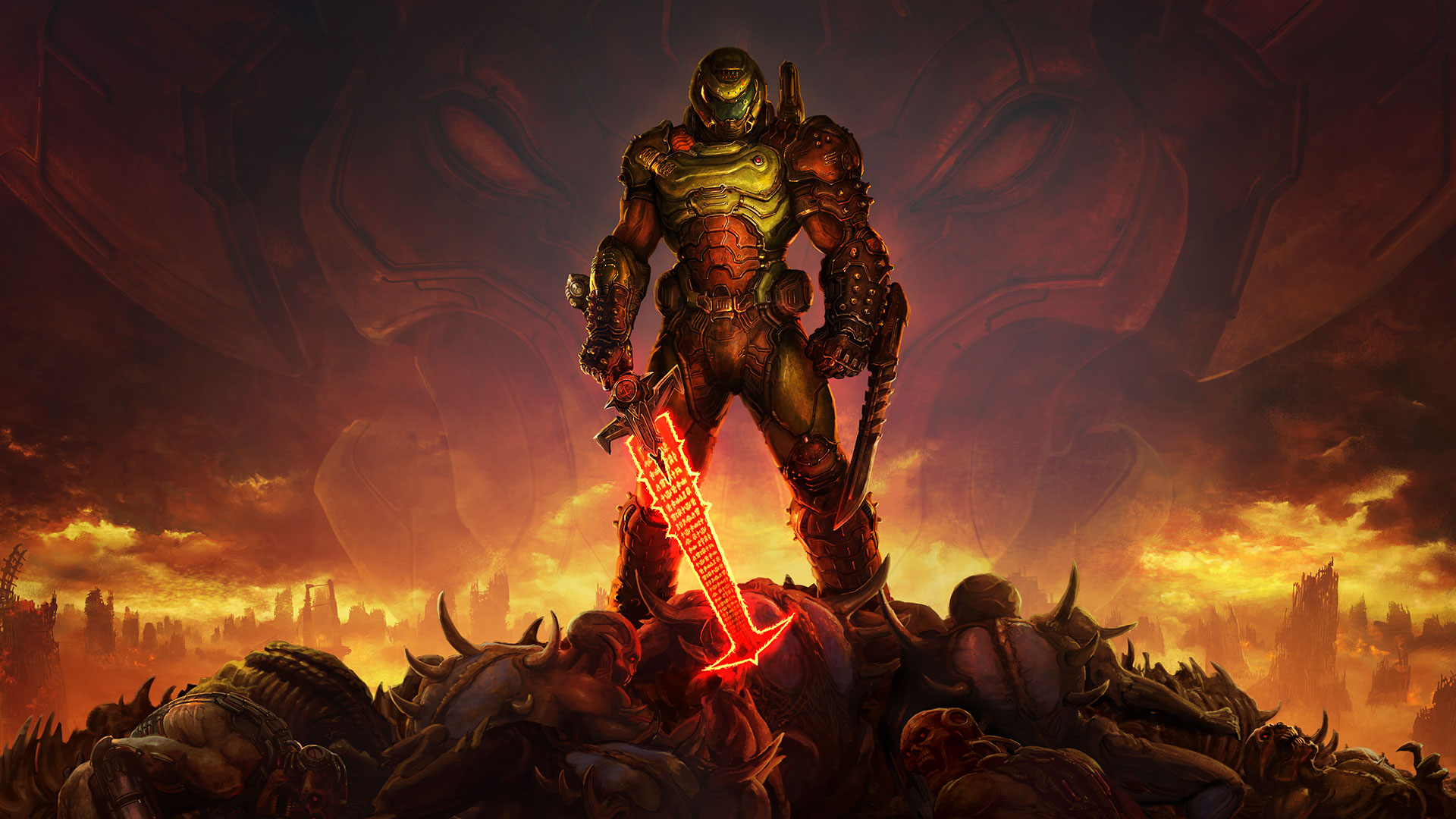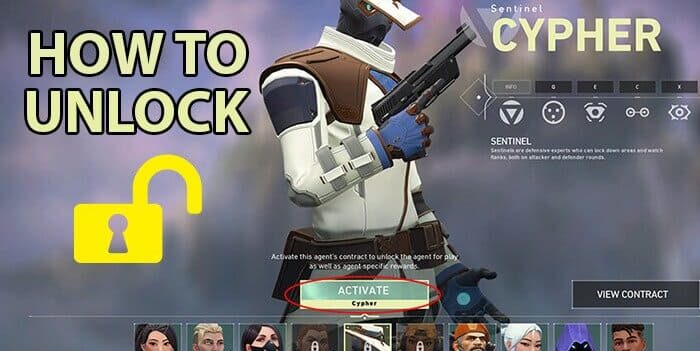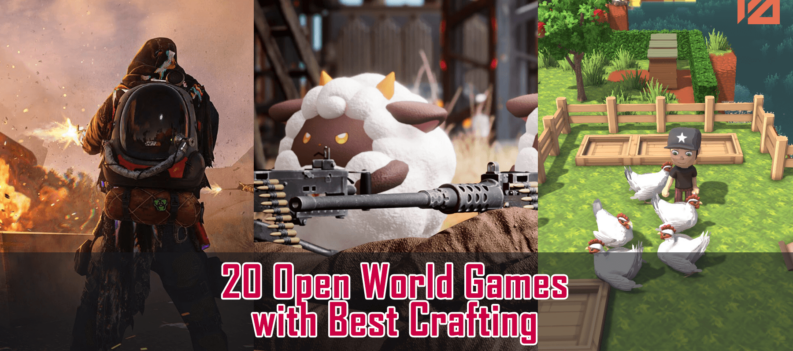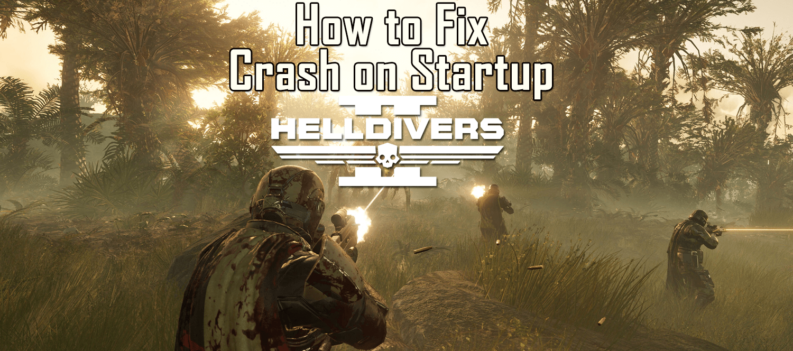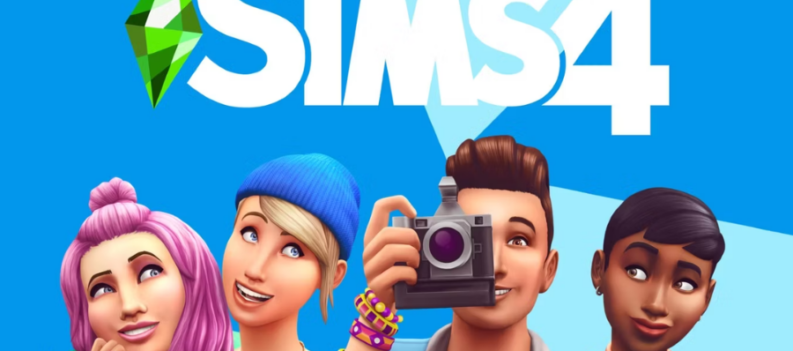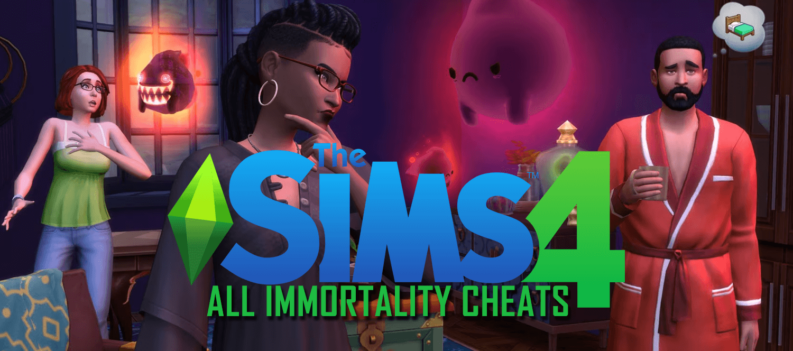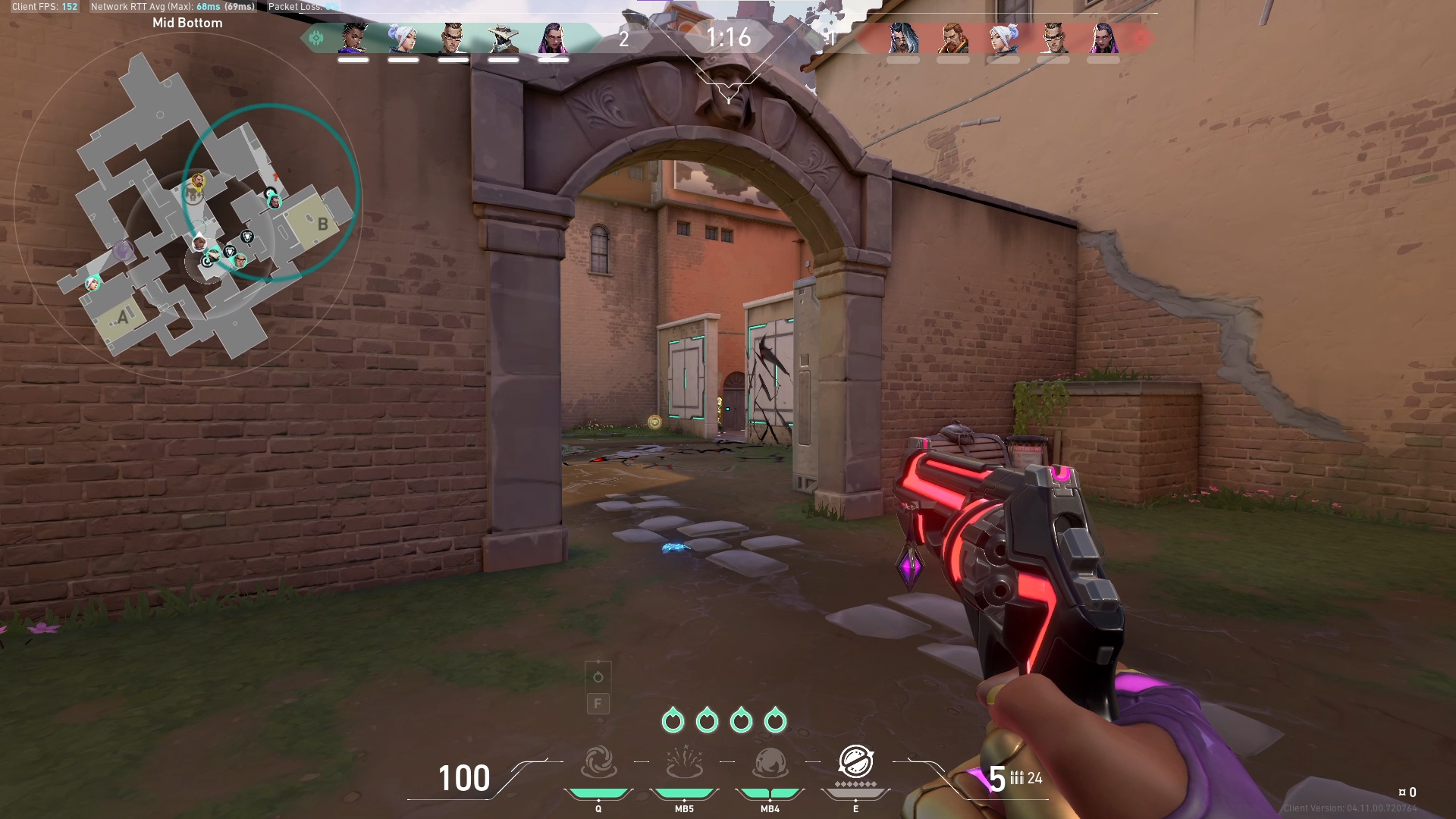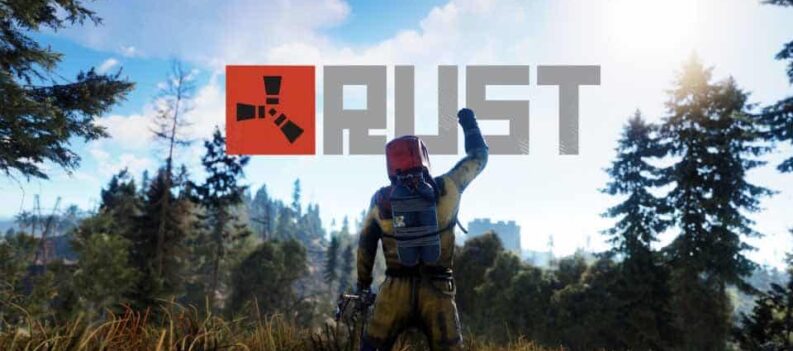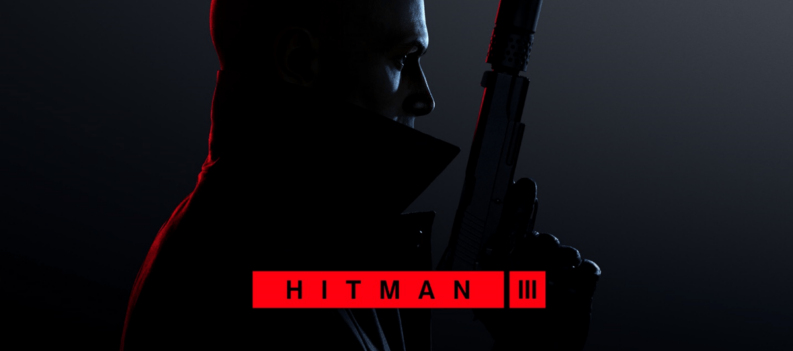Doom Eternal’s Executive Producer, Marty Stratton, posted a bombshell open letter to Reddit today detailing the history of Doom Eternal’s OST and why some of the released tracks were not mixed by Mick Gordon. He decided to make this very public statement to address and end the speculation around the OST. More importantly, he wanted to end the attacks against id’s Lead Audio Designer, Chad, who was responsible for adding the other tracks to the released OST.
Stratton mentioned that Gordon’s recent tweet about how he probably wouldn’t work with id Software again was a big surprise. Stratton and the team had not mentioned anything about severing the business relationship. That relationship sounds like a dream for any composer. Stratton states that Gordon had “near limitless creative autonomy over music composition and mixing in our recent DOOM games”.
Throughout the letter, Stratton repeatedly praised Mick Gordon’s music and abilities and wished him well, but he did clarify a few things. First, Gordon was contracted to create the music for Doom Eternal, but he was not contracted to create the OST until they talked in January. The production had been delayed, and he didn’t want to have any distractions on getting the game into the hands of consumers.
Those same consumers had been promised a copy of the OST with the purchase of the Doom Eternal Collector’s Edition. They agreed on terms, and Mick said he could deliver the tracks in March. He would deliver twelve tracks and receive a bonus for giving them to id on time. Outside the number of tracks and delivery date, it appears that Mick Gordon had a lot of freedom over what he was required to send.
Mick Gordon contacted them again on February 24th and said that there was a lot more work than anticipated. He asked for another four weeks, and he could deliver up to 30 tracks with around two hours of music in a soundtrack format. id Software was nervous, because the company was on the hook for delivering the OST. Some countries have laws that allow consumers to ask for a full refund if the product isn’t delivered as stated. The company decided to give Gordon six more weeks to send them the music with a new delivery date of mid-April and allowed him to still earn the bonus payment if the tracks were received by the new date.
Stratton explains how Chad became involved in the Doom Eternal’s OST, and it reverses a lot of what the internet believed to be true. In the timeline, it’s now April. There is a lot of concern that Gordon is not going to be able to give them the tracks in time. Stratton asked id’s Lead Audio Designer, Chad, to start working on back up tracks in case that happened. Chad pulled the music tracks directly from the game. This is the same music sent to id from Mick Gordon with some minor volume adjustments.
If you saw the video about the clipped tracks and Mick Gordon’s unclipped tracks in the OST, here is the explanation. Game music and music mixed for an OST are different. Gordon clipped the highs and lows and compressed the music for the soundtrack. For the OST, he uses the original tracks that id doesn’t have access to and does not clip the highs and lows.
In transparency, Stratton notified Gordon about how important it was to deliver the project on time and let him that Chad was working as a backup with Gordon’s music being preferred. Mick reached out a few days later to suggest he and Chad work together and use both to release a bigger soundtrack. Mick also reminded them that he was contracted for only twelve songs and asked Chad to send over all the work he had done. Chad sent it over to Mick.
On the day the music was supposed to have been delivered, Stratton reached out to Gordon to ask about the music. Gordon said there was more to be done, but it would be delivered that night. It wasn’t. The next day Mick responded that he had some issues on some of the tracks and needed more time. Stratton asked him to send the tracks he had. Gordon sent them nine tracks.
The tracks he sent were mostly ambient and not “the type of heavy-combat music people would expect”. Gordon said that was the three remaining tracks he was trying to complete. Stratton asked for a call to discuss, but Gordon replied that he could use “Chad’s tracks” if they needed more heavy songs in the OST. Stratton and id moved forward with the OST. Gordon delivered two more tracks that were integrated into the OST, and Stratton said they would be happy to include the third track as a bonus later.
Here’s the public part that you might remember. The OST was released and people note the waveform differences. Mick responded by saying he “didn’t mix those and wouldn’t have done that”, and this took id Software by surprise. While this was going on and after multiple emails, Stratton was able to talk to Gordon. Mick was surprised by the number of tracks released, and Stratton reminded him that they told him the plan to create a comprehensive OST and sent everything to him before release.
Gordon was unhappy about some of the edits and giving Chad any credit on the OST. To that, Stratton is clear that id Software never intended to do that work and contracted Gordon. Even on the tracks he edited, Chad is never given composer credits. The metadata shows he is a contributing artist only. Mick also was against the attacks on Chad but appears to have never said anything to clarify the situation.
Going forward, Mick Gordon will not be working on the DLC for Doom Eternal. Given the facts of this situation, it’s unknown if he will be a part of any Doom project in the future. Stratton again praised his work and talent, but did not offer any other insights into who might be the composer for now.
I HIGHLY recommend you read the original post on Reddit. I summarized, but, with a situation like this, the full context is extremely important. It once again proves that there are two sides to a story. Stratton is an example of how professionals should address a controversy, and I look forward to hearing more from Mick Gordon if any part of this account is untrue. It doesn’t paint him in a very good light, since he was allegedly the person who didn’t live up to his end of the contract. (I am once again obligated to say this is alleged, and we don’t have definitive proof or a statement from Mick Gordon as of when this was published.)
I still have some questions, but there’s only one I would like to have answered. If this is true, why didn’t Mick Gordon speak up and try to stop the attacks on Chad? Based on this account, he was only doing what Gordon had suggested, and Gordon had an opportunity and platform to speak out and did not. Why?
We’ll keep following this story as it develops.
